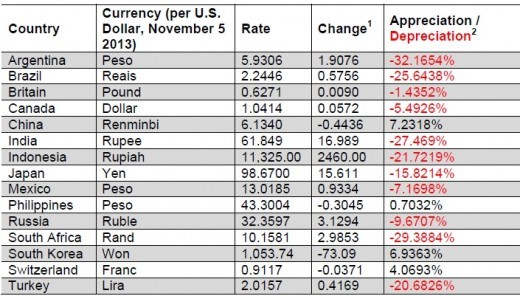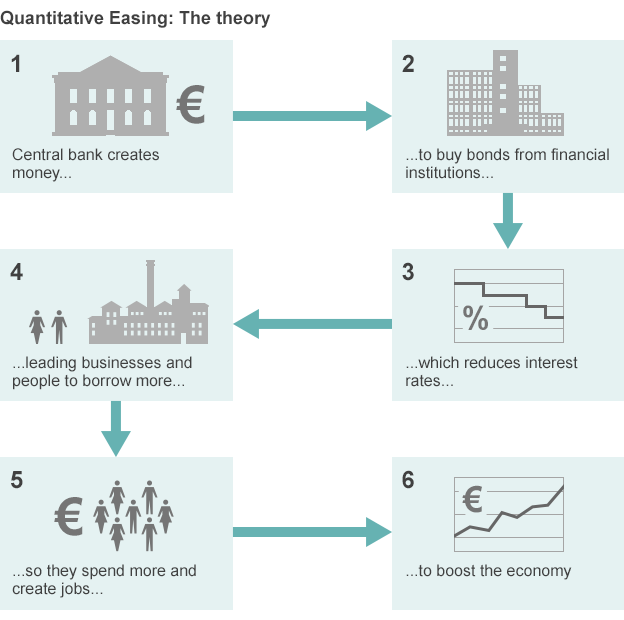What affects the currency exchange rates
Post on: 16 Март, 2015 No Comment

What affects the exchange rate?
The foreign exchange market is as volatile and fast moving as any other financial market on the planet, and can seem equally as daunting and risky to predict.
If you have a significant sum of money to transfer however, it’s worth knowing that there are certain factors above others that can and do move the markets, so knowing them may stand you in good stead when making your transfer.
You may find this information isn’t exactly forthcoming from the foreign exchange desk at your local bank, so besides trawling the internet and attempting to assimilate a broad range of financial data, it may pay to seek the advice of a currency specialist, who would be trained and equipped to understand which data is relevant to the currency you require, and in many circumstances how it may affect which way the exchange rate will move.
Toby Fischer, a currency specialist based in the City of London, gives his top four factors that would have the most significant affect on the movement of the fx market.
Bank of England Rate Decision
Each month the BoE meet to decide on monetary policy, announcing their decisions as to whether the interest rate should be decreased, increased or maintained. With their decision, the BoE Monetary Policy Committee (MPC) attempt to stabilise economic growth and employment, keeping inflation in check by affecting price levels.
The rate decision can strongly affect the exchange rate of the pound; an increase or expectation of one can often strengthen the pound, while a decrease can cause the pound to lose value against other currencies .
It is worth noting that the statement released with the rate decision can have just as strong an influence as the rate itself, as it gives an outlook for the future direction of monetary policy, and any strong sentiment in either direction will often cause the markets to move in anticipation of this.
Details: Released at 12.00pm (GMT) in the first or second week of every month.
A report summarizing the flow of goods, services, transfer payments and income to and from the U.K, showing how the U.K economy is performing amongst other countries of the world.
Records are given either a positive or negative value (current account surplus or deficit). Where there is a persistent deficit, the pound may weaken as trade, income and transfer payments lead to more sterling payments being made abroad.
As trade and production figures are known in advance of the actual release of the report, movements are often felt during this time.
It has historically been one of the most important data releases for forecasting long term developments of foreign exchange rates.
Details: Released at 8.30am (GMT) quarterly
www.statistics.gov.uk/STATBASE/Product.asp?vlnk=1118
U.K Gross Domestic Product (G.D.P)

Indicates the state of overall economic growth in the U.K. If positive, it may signal an increased demand in the pound and a prompt to increase interest rates to curb inflation. This would have the dual affect of strengthening pound sterling. In the recent UK economic client, investors have moved their money out of sterling as GDP looks to worsen throughout 2008, making sterling an unattractive proposition.
Much of the GDP data is known before the report is released so movements in the market can often be seen beforehand. The data is however significant enough to create further change in the market through upset or confirmation on its release.
Details: Released at 8.30am (GMT) quarterly
www.statistics.gov.uk/instantfigures.asp
The difference between imports and exports of British goods and services. It gives a valuable insight into how the pound is currently valued, as when there is a trade deficit (when imports exceed exports), more sterling leaves the country than enters it, leading to a depreciation in its value.
The report’s effect is often felt beforehand as much of it can be anticipated. It is however another extremely significant piece of data in how it can move the fx market.
Details: Released at 8.30am (GMT) monthly
www.statistics.gov.uk/cci/nscl.asp?id=5821
Whilst these have some of the most significant affects on the foreign exchange market, there are many others that can contribute, such as Non EU Trade Balance UK, British Visible Trade Balance, Nationwide Consumer Confidence and British retail sales.
Being able to discuss these with an expert such as a currency broker can save time, confusion, and with some good judgment, a significant amount of money.














